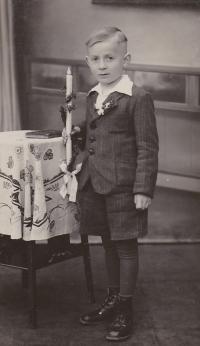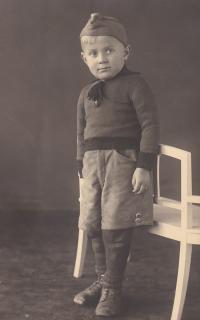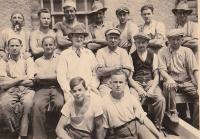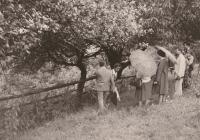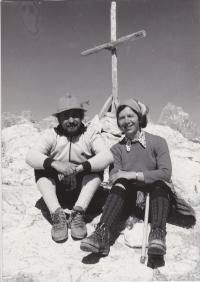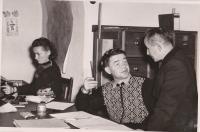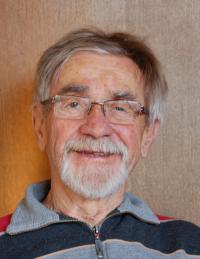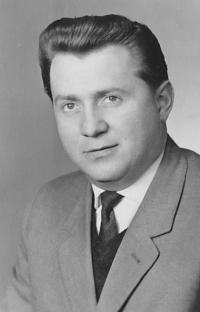We actually lived rather well

Download image
Edgar Menzel was born on December 12, 1936, in the picturesque village Zastávka in Rychleby Mountains. His father, Josef Menzel, was a social democrat and during the Second World War he spent four years in several concentration camps and fuel plant in Záluží near Most. One year after the end of the war, the Menzel family lived peacefully until they had to leave their home in August 1946. As an anti-fascist, the father organized voluntary transport for Nazi enemies, Christians, and others to Germany. The family Menzel lived for several years on a farm together with the farmer family. It was well received and integrated quickly. Josef Menzel was active as a “refugee chairman” in Bavaria. Edgar Menzel is a retired teacher, married with two daughters and five granddaughters.
